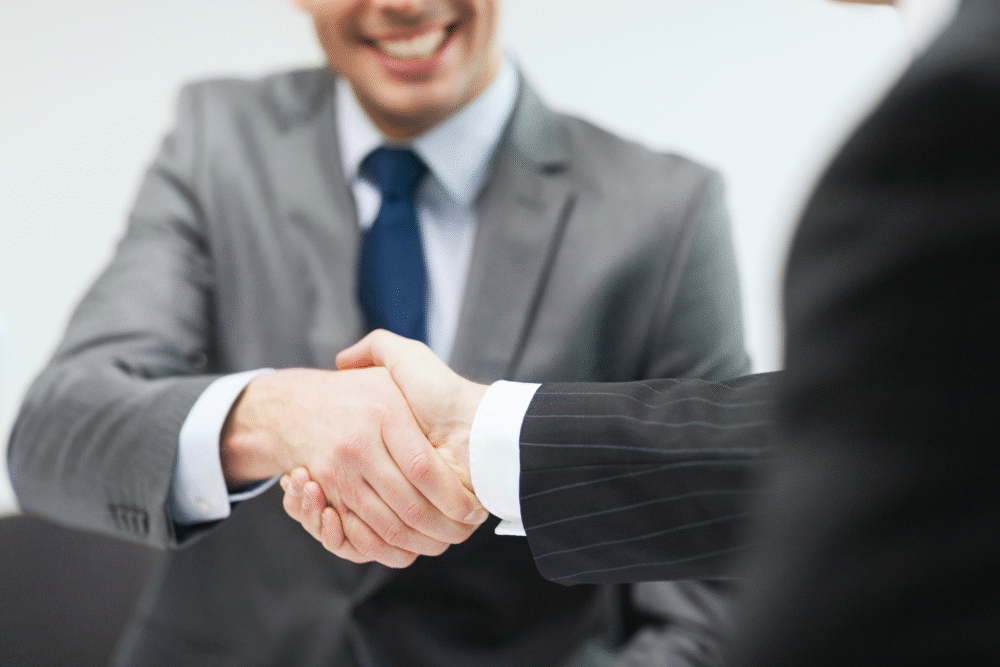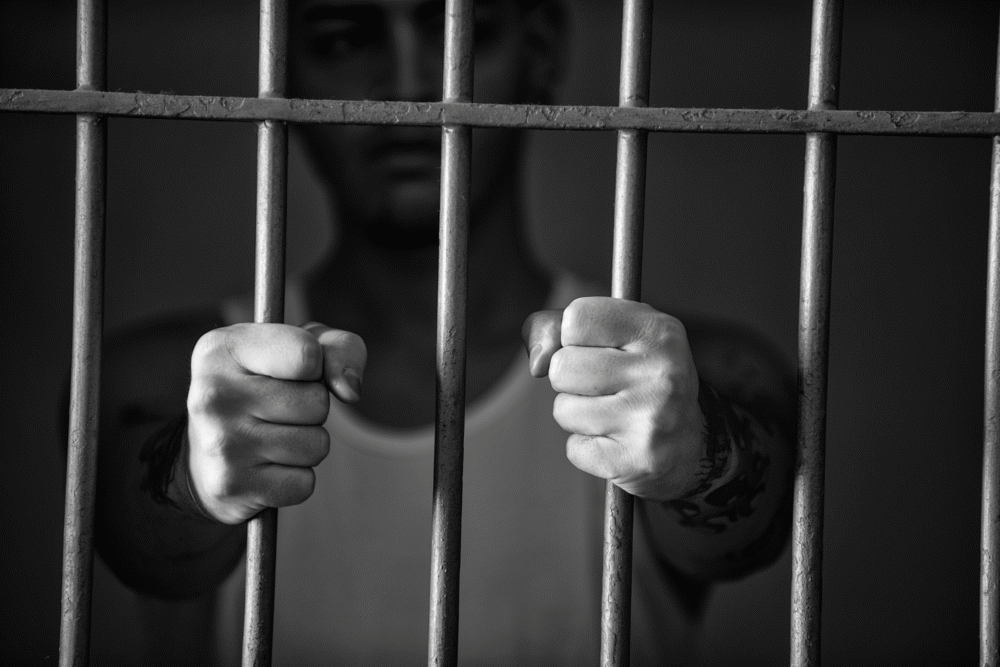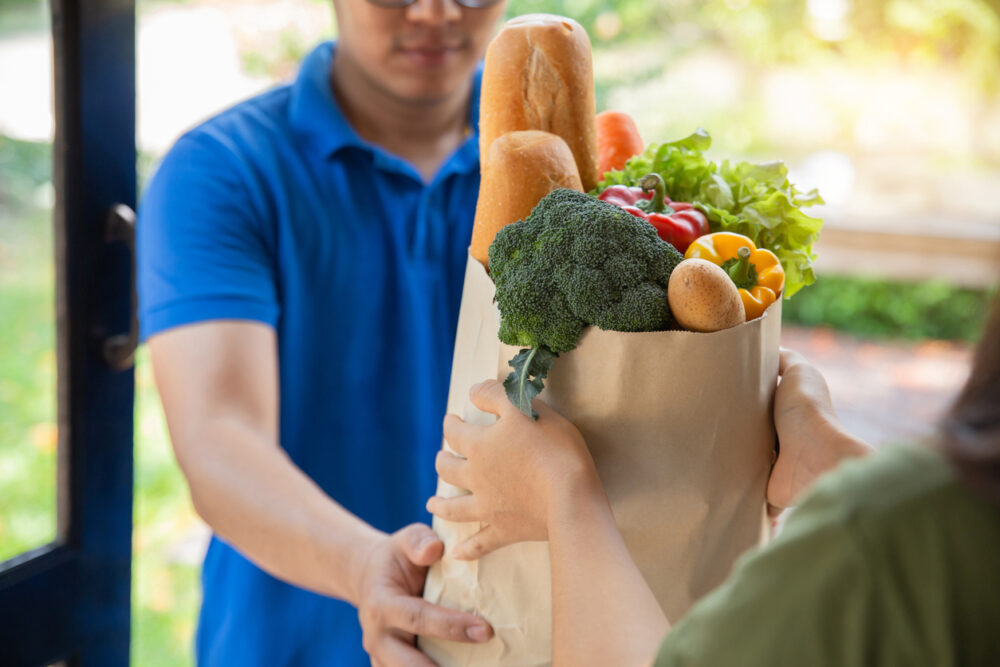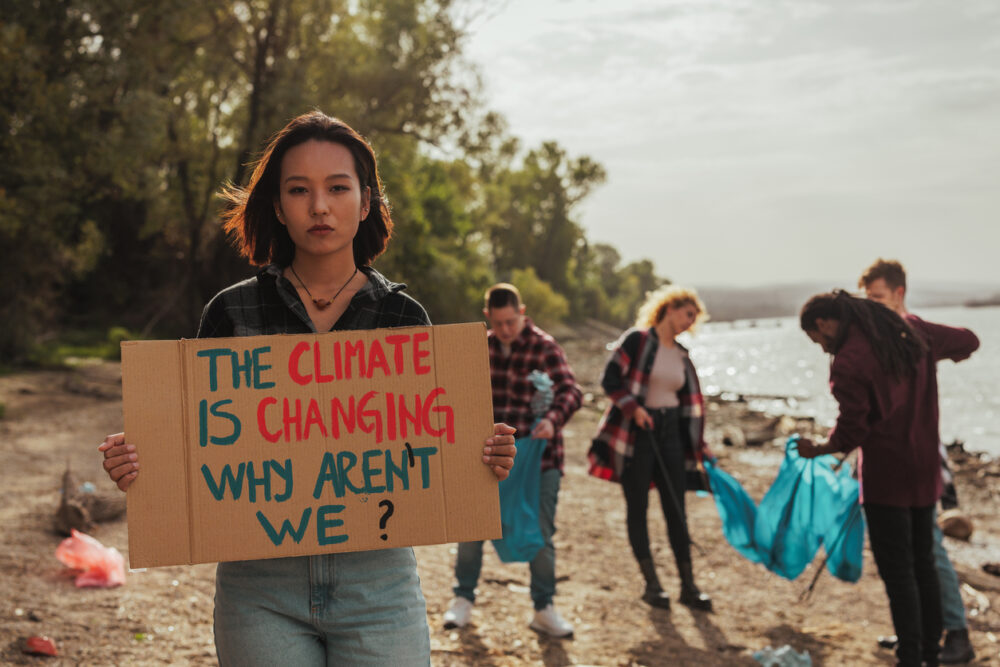Policies that claimed to help the middle class quietly pulled the rug out from under it.

The American Dream was never perfect—but it once stood for something powerful: the belief that with hard work, anyone could achieve a stable, meaningful life. A home. A good job. A decent education. A shot at upward mobility. But that dream didn’t just quietly vanish—it was systematically dismantled. Over decades, a series of policy decisions, corporate strategies, and cultural shifts pulled the ladder up from the middle and working classes, leaving many Americans stuck, exhausted, and disillusioned.
These weren’t isolated mistakes. They were deliberate choices made in boardrooms and backrooms—often justified in the name of “growth” or “freedom.” Today, millions feel the dream slipping out of reach not because of personal failure, but because the system was rigged against them.
1. Slashing taxes for the wealthy shifted the burden to everyone else.

Beginning with Reagan-era tax reforms in the 1980s, top income tax rates were dramatically reduced under the promise of “trickle-down economics.” The wealthy got massive breaks, while middle- and lower-income Americans saw fewer benefits. Over time, this shift gutted public services, widened the wealth gap, and left working families to pick up the slack through higher local taxes and stagnant wages.
Meanwhile, billionaires stashed fortunes offshore, and corporations reinvested profits in stock buybacks—not workers. The idea that prosperity would “trickle down” turned out to be a myth. Instead, it concentrated wealth at the top and starved the very programs that once made the American Dream possible for millions.
2. Defunding public education undermined mobility for generations.

Access to quality education was once a cornerstone of the American Dream, offering a path out of poverty and into opportunity. But decades of underfunding public schools—especially in low-income and minority communities—have created a deeply unequal education system. Wealthy districts thrive while poor ones struggle with overcrowded classrooms, outdated materials, and underpaid teachers. Standardized testing and rigid funding formulas compound the problem.
College, once a gateway to upward mobility, has become a debt trap for many. When a child’s zip code determines the quality of their education, the promise of equal opportunity becomes a cruel illusion. We’ve robbed future generations of a fair shot before they even begin.
3. Tying healthcare to employment made job loss a personal crisis.

In the U.S., health insurance is often linked to having a job—a system that leaves millions vulnerable during layoffs, life transitions, or economic downturns. Lose your job, and you could lose your healthcare, too. This model is rare among wealthy nations and has made medical access precarious for countless Americans. Skyrocketing premiums, high deductibles, and surprise medical bills turn basic care into a financial gamble. Even those with insurance often avoid treatment due to cost.
Healthcare insecurity erodes mental health, limits career mobility, and devastates families. A system designed around corporate convenience has left millions sick, stressed, or bankrupt—and trapped in jobs they can’t afford to leave.
4. Letting wages stagnate while productivity soared crushed the working class.

Since the 1970s, American workers have become dramatically more productive—but their paychecks haven’t kept up. For decades, wages remained flat (adjusted for inflation) while corporate profits and executive salaries soared. The result? A working class that’s doing more and earning less. Minimum wage hasn’t kept pace with the cost of living, and even “middle-class” jobs often lack benefits or security.
The cost of essentials—housing, healthcare, education—has exploded. This decoupling of effort and reward has shattered the belief that hard work alone is enough. Americans are working longer hours for less buying power, and the dream of financial stability is increasingly out of reach.
5. Deregulating the housing market turned homes into speculative assets.

Homeownership was once the hallmark of the American Dream—a symbol of stability and investment in the future. But financial deregulation and the rise of real estate speculation transformed housing into a profit machine for banks and investors. From the 2008 mortgage crisis to today’s corporate landlords buying up entire neighborhoods, housing has become less about shelter and more about shareholder returns.
Skyrocketing prices have locked out first-time buyers, while renters face record-high costs and shrinking options. Affordable housing projects are underfunded, and zoning laws often block solutions. As housing becomes less accessible, more Americans find themselves permanently priced out of the dream.
6. Destroying unions weakened worker power across every industry.

Unions once gave American workers the ability to collectively bargain for fair wages, benefits, and safety. But over the past several decades, political efforts—often backed by corporate interests—have chipped away at union power through “right-to-work” laws, anti-strike legislation, and aggressive union-busting tactics. Union membership has plummeted, leaving workers with less leverage and fewer protections.
As a result, income inequality has surged, job security has eroded, and workplace exploitation has grown. While CEOs and shareholders reap the gains, many workers are left with stagnant pay and minimal benefits. Without strong labor representation, the balance of power has shifted—and the working class is paying the price.
7. Student debt exploded as college costs skyrocketed.

Higher education was once seen as a ticket to a better life. But today, that ticket often comes with decades of debt. Public colleges, once low-cost or even free, have seen steep tuition hikes as state funding dried up. Student loans have become a trillion-dollar industry, burdening graduates with crushing repayment plans.
This debt often delays homeownership, family planning, and financial independence. The promise that a degree guarantees success now feels hollow. We told young people that education was the answer—then charged them a lifetime of interest for believing us. That’s not a dream. That’s a trap.
8. Weakening antitrust enforcement let corporations dominate everything.

For much of the 20th century, antitrust laws kept corporations in check, ensuring fair competition and consumer protections. But in recent decades, enforcement has dwindled, allowing massive mergers and monopolies to reshape entire industries. Tech giants, healthcare conglomerates, and financial behemoths now hold unprecedented power—controlling prices, limiting choices, and influencing policy.
This corporate concentration squeezes small businesses, stifles innovation, and widens the wealth gap. The American Dream once thrived on the belief that anyone could build something new. But when a handful of companies dominate the market, that spirit of possibility dies. Power consolidated at the top is opportunity denied at the bottom.
9. Replacing pensions with 401(k)s shifted risk to workers.

Once upon a time, retirement meant a pension—a guaranteed income after decades of work. But beginning in the 1980s, companies began phasing out pensions in favor of 401(k) plans, which placed the burden of saving, investing, and managing risk entirely on employees. This shift was sold as “freedom” and “flexibility” for many people. In reality, it exposed workers to market volatility, hidden fees, and inadequate savings.
Many Americans now face retirement with too little and too late, despite playing by the rules. The safety net was traded for a gamble—and too many are losing. Retirement security shouldn’t depend on stock market luck.
10. Mass incarceration destabilized families and communities.

The U.S. incarcerates more people than any other nation, disproportionately targeting communities of color. Harsh sentencing laws, the War on Drugs, and for-profit prison systems have devastated families and drained resources from education and healthcare. A criminal record limits access to jobs, housing, and voting rights, perpetuating cycles of poverty and exclusion.
One mistake—or none at all—is often enough to derail a future. When entire communities are locked out of opportunity, the American Dream becomes a myth. True prosperity isn’t possible when the system cages potential instead of nurturing it.
11. Gig work replaced full-time jobs without providing security.

The rise of the gig economy promised flexibility and independence—but delivered instability for many workers. Companies like Uber, DoorDash, and TaskRabbit classify workers as independent contractors, avoiding responsibility for healthcare, benefits, or job protections. What was once “side hustle” income has become a primary source of livelihood for millions, often with unpredictable pay and no safety net.
Meanwhile, corporations profit from labor they don’t fully support. The result is a growing class of workers hustling harder than ever—with no clear path to stability. In the gig economy, the dream of steady work and upward mobility is a fading mirage.
12. Failing to act on climate change threatens long-term security.

The American Dream isn’t just about the present—it’s about building a better future. But climate inaction jeopardizes that vision for generations to come. From extreme weather and rising sea levels to wildfire destruction and water shortages, environmental instability threatens homes, jobs, and entire communities.
Low-income families are hit hardest, often living in high-risk areas with limited resources to adapt. Industries that accelerate climate change are shielded from accountability. Without bold, coordinated action, the costs of inaction will erase decades of progress. The dream of security, stability, and prosperity depends on a livable planet—and that dream is under threat.
